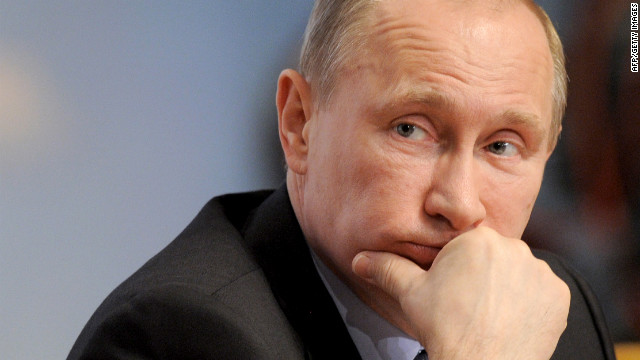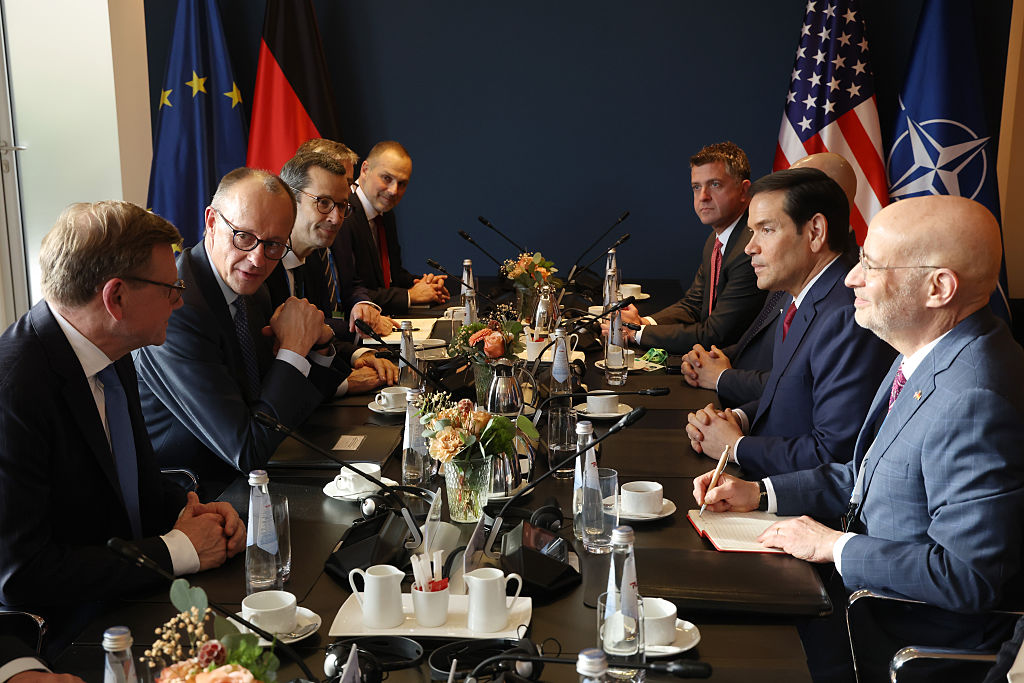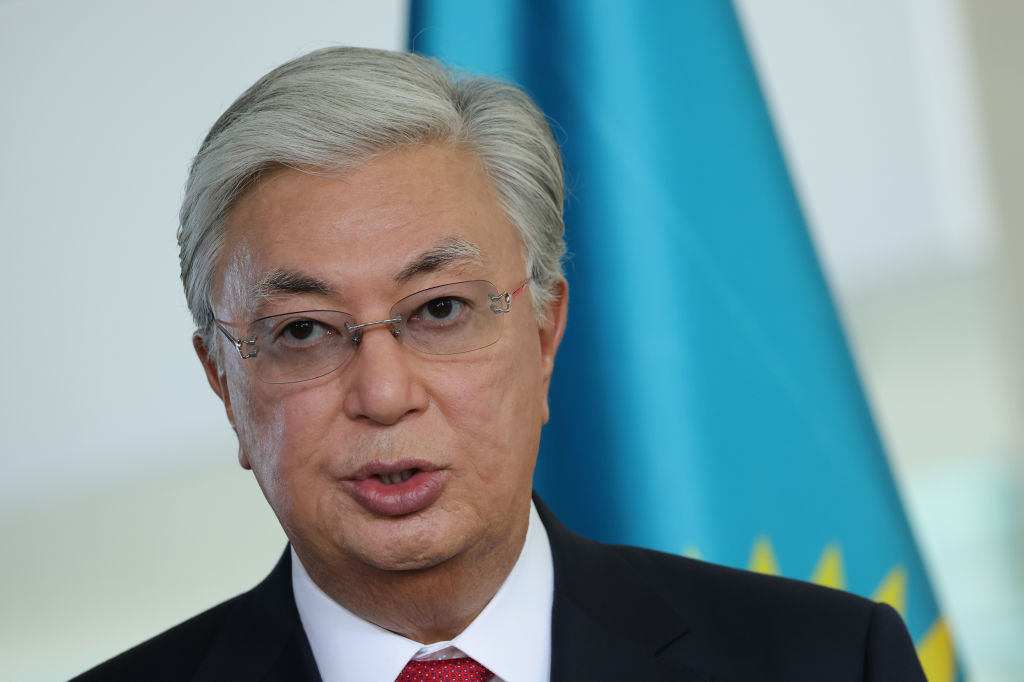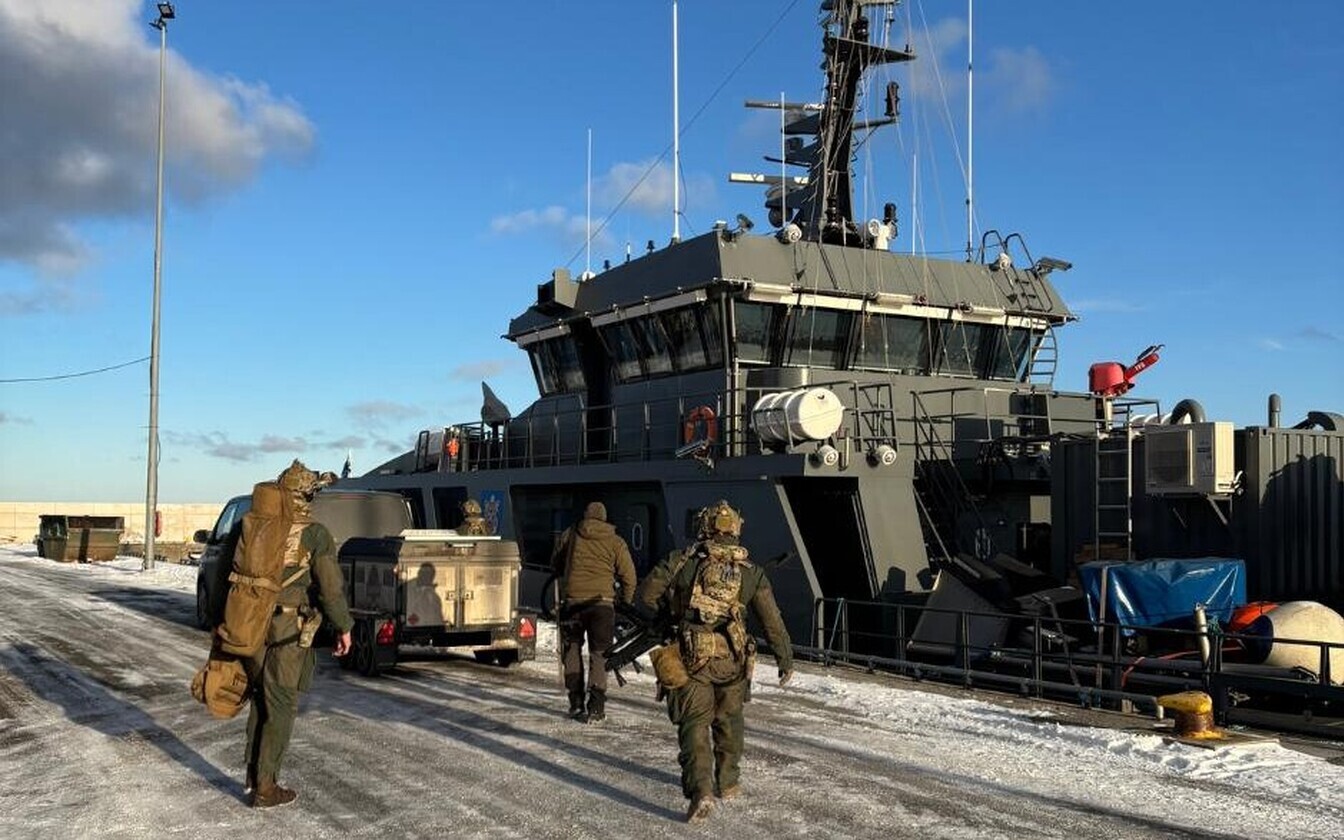
Putin at Loss About Connecting With New US Leadership
Putin at Loss About Connecting With New US Leadership
One of the few world leaders yet to acknowledge the outcome of the presidential election in the United States is Russian President Vladimir Putin. This procrastination is strikingly uncharacteristic: Putin, for instance, congratulated Maia Sandu the next day after her victory over incumbent and patently pro-Russian Igor Dodon in the recent presidential elections in Moldova (Rosbalt, November 26). And he paused only briefly before following the example of Chinese leader Xi Jinping and congratulating Alyaksandr Lukashenka on the latter’s fraudulent win in the presidential elections in Belarus. In the hugely consequential US case, China acknowledged the result of the November 3 vote on November 13; and last week (November 25), Xi sent a telegram of congratulations to President-elect Joseph Biden (RIA Novosti, November 25). Putin’s contrasting silence has become conspicuous, and there is certainly more to it than the officially announced intention to stick to the procedures of the US electoral process—or to offer some final gesture of support to the still-defiant lame duck in the White House, Donald Trump (Izvestia, November 26).
Putin—like most autocratic rulers—attributes pivotal importance to personal ties, yet he apparently cannot find a way to connect with Biden. Unlike in the case of many other newcomers to foreign leadership, he cannot count on superior experience: an old photo circulating on Russian online social networks shows Biden shaking hands with Soviet foreign minister Andrei Gromyko in 1988, when Putin could not have even dreamed of being allowed in the same room with those two men (Carnegie.ru, November 24). What bodes particularly ill, from Putin’s point of view, is the clear prospect of a team of well-organized and veteran foreign policy professionals retaking the reigns in Washington, DC (Nezavisimaya Gazeta, November 23; Argumenty i Fakty, November 24). In the Kremlin, to the contrary, the style of decision-making has for years been increasingly capricious, and Putin’s protracted self-isolation during the COVID-19 pandemic has only aggravated this propensity. The directors of such academic think tanks in Moscow as the US and Canada Institute and the Institute of World Economy and International Relations (IMEMO) gathered together recently to assess the probable shifts in US policy, but high-level demand for their expertise is, for all intents and purposes, non-existent (Russiancouncil.ru, November 26).
One feature of the newly reaffirmed US policy that irritates and worries Putin’s courtiers is the incoming administration’s reinforced emphasis on upholding democratic values and human rights (Novaya Gazeta, November 16). These guidelines are set to narrow the space for cynical bargaining and undercut the “anti-hegemonic” posturing that constitute two complementary tracks in Russian foreign policy (VTimes, November 20). Democracy-upholding (rather than promotion) will also underpin the reinvigoration of Transatlantic relations, so Moscow has to expect diminishing rewards from its game of exploiting the disagreements between the US and its European allies (Russiancouncil.ru, November 26). Notably, the next US administration’s stronger condemnation of the police brutality in Belarus, which has not been able to entirely suppress the mass protests against Lukashenka, may encourage the EU to ostracize his regime with greater resolve (Carnegie.ru, November 26). Putin cannot fail to see that Lukashenka has become a liability for Russia’s ties with Belarus, but he is stuck with the “brotherly” embrace of this discredited autocrat (Nezavisimaya Gazeta, November 26; see EDM, November 23).
Biden’s commitment to restoring the centrality of democracy in US foreign policy might resonate inside Russia as well; so to prevent this impact, the Russian State Duma (lower chamber of parliament) is developing a set of repressive legislation aimed at individuals branded as “foreign agents” (Forbes.ru, November 20). Alexei Navalny, one of the main leaders of Russia’s opposition, is recovering in Germany after attempted poisoning by the weaponized nerve agent Novichok; but even from abroad, he continues to advocate for tougher sanctions against Putin’s subordinates, most recently in a virtual address to the European Parliament (Svoboda.org, November 27). No relaxation but plenty of fine-tuning of the punishing sanctions regime is expected in Moscow from the Biden team, even as official Russian denials of the impact of those sanctions contradictorily mix with condemnations of their alleged illegality (RBC, November 23). One of the acute concerns is that hardened sanctions could make it impossible to organize the production of COVID-19 vaccines in Russia, and Putin was irked by the leak of his plea to French President Emmanuel Macron for help with this problem (Kommersant, November 27).
The expected shifts in US energy and climate policies are also assessed as unfavorable for Russia, even if stricter regulation might cause some decline in US production of shale-deposit hydrocarbons (Forbes.ru, November 12). The renewed US efforts to transition to a “greener” economy could bring closer the long-expected peak in demand for oil and further depress global benchmark prices (Rosbalt, November 27). The contraction of Russia’s economy is conservatively estimated at 4.5 percent in 2020, but the prospects for recovery are undercut by the continuing contraction of petro-revenues (TASS, November 28). Russia needs a sustained reallocation of resources from the military buildup to its degraded healthcare sector and underfunded education system, and the expected rehabilitation of arms control with the Biden administration might help in this undertaking (Moscow Echo, November 24). But the problem is that the envisaged prolongation of the New START nuclear limitation treaty and progress in strategic stability talks will reduce the political salience of nuclear weapons in global affairs. And Putin has already invested much personal effort in promoting (nuclear-tipped) hypersonic “wonder weapons” as the main manifestation of Russia’s strength (Ezhednevny Zhurnal, November 26).
The last four years saw a deep deterioration in Russian-US relations and plenty of frustration in Moscow regarding the setbacks in the much-anticipated high-level bilateral dialogue. The incoming Biden administration only adds to this frustration because its promise of a coherent and predictable foreign policy is set to reduce Russia’s space for maverick maneuvering in a disorganized international arena. Vulgar impudence, which has become the trademark of Russian diplomacy (see EDM, November 23), stands in sharp contrast with the apparent professionalism of Biden’s team; and Putin’s penchant for launching surprise endeavors, often of a dubious nature, will be far less impressive. He hardly expects a miraculous last-minute triumph in court for team Trump, but his late shunning of Biden is unlikely to bring any long-lasting gains with the Republicans who still stand by their champion. The Kremlin may want to send a signal to the next administration about Russia’s tough and unaccommodating stance; but probably plain spite is undermining Putin’s old skills in cultivating personal ties.


